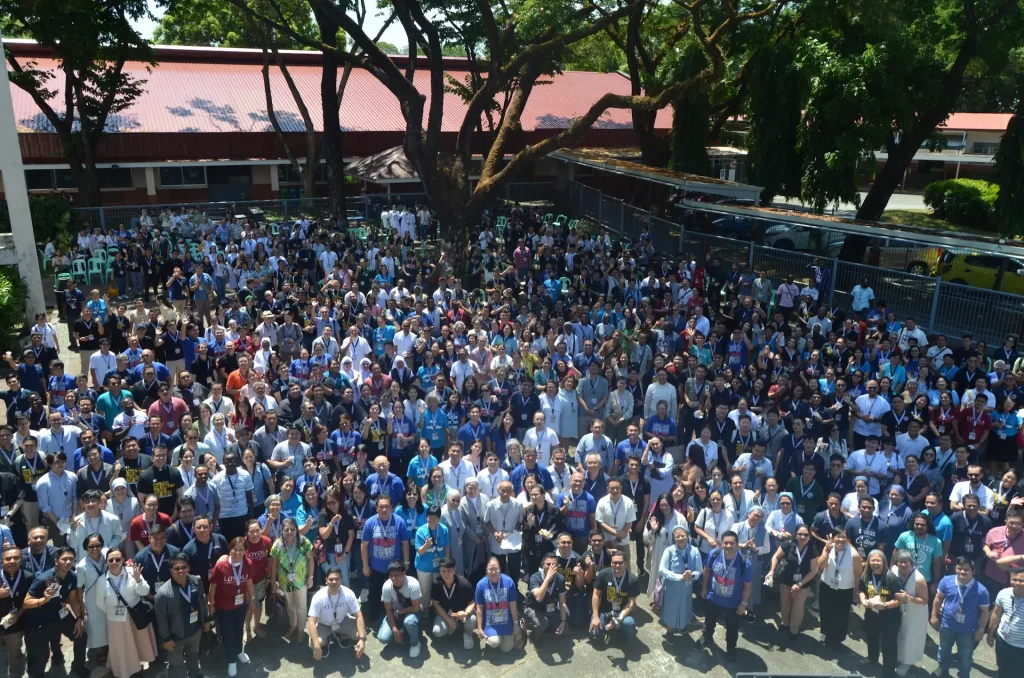A Jesuit based in China has written a book aimed at helping companies to review and better exercise their corporate social responsibility (CSR) in the Chinese context. Fr Benoit Vermander SJ’s latest book, Corporate Social Responsibility in China, is a practical, business-oriented book that takes into account China’s classical and contemporary thought on CSR. It is the result of a research and collaborative process initiated and led by Maverlinn, from 2011 on, and supported by industry leaders. From 2005 to 2010, institutions such as the Chinese’s People Institute of Foreign Affairs, Fudan University, the Taipei Ricci Institute, BNP Paribas and the Chirac Foundation were involved in conferences and other projects that built up the knowledge and conceptual framework of the book.
Beginning with the premise that “Over the years, many corporations have been trying to determine what they can and should do to contribute to the sustainability of the economic, social and ecological environment within which they operate”, Fr Vermander presents a vision, an assessment, and a blueprint, that offer decision-makers a framework in which they can locate the strategic and ethical decisions they need to make.
Fr Vermander argues that “CSR is to be understood and implemented not only as a specific dimension of the corporate strategy but also, and more importantly, as an internal driving force nurtured by the contribution of the team members of the corporation.” CSR, he says, has to do with a sense of excellence and of responsibility grown from within the company, although its practice is at the same time framed by a set of laws and norms that defines more and more precisely the basic obligations of the company vis-à-vis society.
The book seeks first to answer two questions: (a) How to define CSR and make the notion fully relevant in Chinese context? (b) What are the resources and obstacles provided by China’s socio-economic, cultural, and legal contexts that define the modus operandi of corporations being conscious of their social responsibilities?
It then presents the most pressing challenges to be answered, and focuses on specifics, such as processes and product safety, financial transparency, training, and personnel participation. It also offers a blueprint to help corporations and other groups to make such insights and concerns, as they weigh the social, cultural and ecological impact of their strategies and practices.
Corporate Social Responsibility in China is available in Asia this month and from January in the rest of the world. For more information, sample chapters and purchasing details, visit the World Scientific (Singapore) website.







